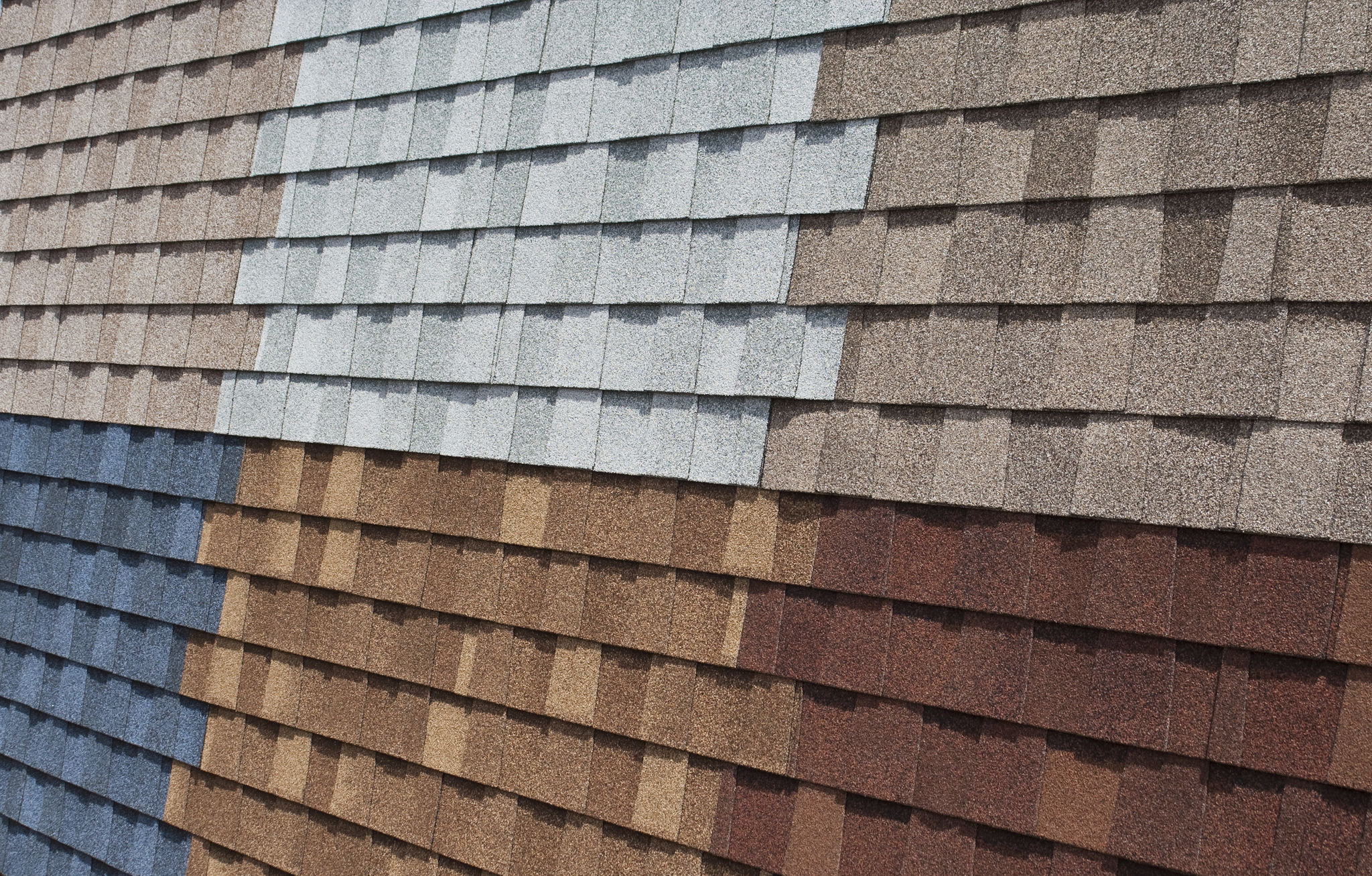Understanding the Roofing Process: What to Expect from Start to Finish
Introduction to Roofing
When it comes to home improvement projects, roofing is one of the most critical tasks to undertake. A well-installed roof not only enhances the aesthetic appeal of your home but also ensures protection from the elements. Understanding the roofing process from start to finish can help you make informed decisions, ensuring a smooth and successful project.

Initial Assessment and Planning
The roofing process begins with an initial assessment of your existing roof. A professional roofing contractor will conduct a thorough inspection to evaluate the current condition. This assessment helps identify any underlying issues that need addressing before the new roof installation. Once the inspection is complete, the contractor will provide a detailed estimate and discuss various roofing material options tailored to your budget and preferences.
Planning is a crucial phase where you and your contractor will decide on timelines, the scope of work, and any specific requirements you may have. This stage sets the foundation for a successful roofing project.
Choosing the Right Materials
Selecting the appropriate roofing material is vital for durability and aesthetics. Common options include asphalt shingles, metal roofing, tiles, and slate. Each material has its advantages, so it's essential to weigh factors such as cost, lifespan, and climate suitability before making a decision.

Preparation and Removal
Before installation begins, the existing roof must be prepared. This involves removing old shingles or tiles and addressing any structural issues such as damaged decking or insulation. Proper preparation ensures that the new roof will be installed on a solid foundation.
During this phase, it's also important to protect your property. Contractors usually lay tarps around the house to catch debris and prevent damage to your landscaping and exterior walls.
Installation Process
The actual installation process varies depending on the chosen roofing material but generally follows these steps:
- Installation of underlayment for added protection against moisture.
- Placement of flashing around chimneys, vents, and other protrusions.
- Laying down new shingles, tiles, or metal panels in an overlapping pattern.
- Securing ridge caps and ensuring proper ventilation.

Final Inspection and Cleanup
Once the installation is complete, a final inspection is conducted to ensure everything meets quality standards and adheres to local building codes. This step is crucial for catching any potential issues before they become significant problems.
Cleanup is an integral part of the process. Professional contractors will remove all debris, nails, and leftover materials from your property, leaving your home looking pristine and ready to enjoy your new roof.
Post-Installation Maintenance
To extend the life of your new roof, regular maintenance is essential. This includes periodic inspections, clearing debris from gutters, and addressing minor repairs promptly. Keeping up with maintenance not only preserves the integrity of your roof but also enhances its longevity.

Conclusion
Understanding the roofing process from start to finish empowers homeowners to actively participate in their roofing projects. By knowing what to expect at each stage, you can ensure that your new roof provides lasting value and protection for your home. Partner with a reputable contractor, choose quality materials, and maintain your investment to enjoy peace of mind for years to come.